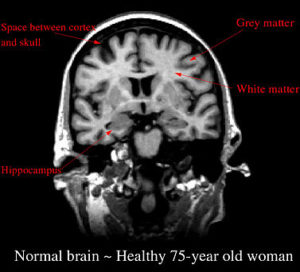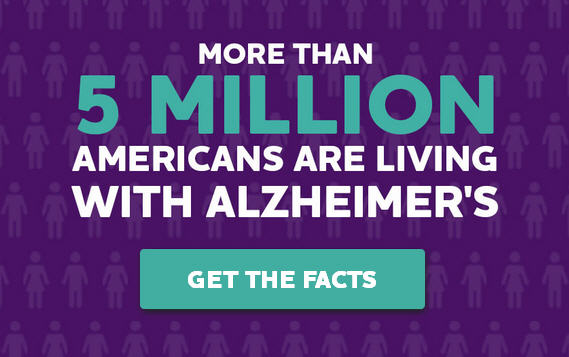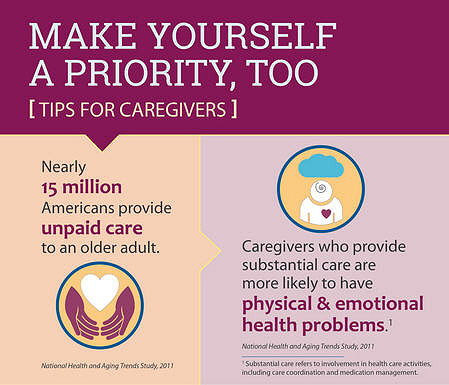(UCSF) Many people older than age 65 live happy and healthy independent lives. Some changes in the ability to think are considered a normal part of the aging process. Most healthy older adults experience mild decline in some areas of cognition. These changes may occur in the areas of visual and verbal memory, visuospatial abilities, immediate memory or the ability to name objects.
Research indicates that age-related changes in the brain such as decreased hippocampal, frontal and temporal lobe volumes can occur. However, the extent to which these age-related changes contribute to cognitive decline has yet to be determined. Non-verbal memory impairments are also considered to be a common cognitive deficit associated with aging. Control and maintenance of attention and immediate memory can be affected in normally aging individuals.

Notice how both sides of the brain look symmetrical to each other. There is no discernable atrophy as there is very little space between the cortex and skull. No visible indication of significant atrophy in the hippocampii, which are thought to be responsible for consolidating memory.
With regards to the language abilities associated with normal aging, vocabulary and verbal reasoning remain unchanged or even improve during the aging process. However, the ability to generate words declines more quickly than the ability to name objects. This is particularly true with advancing age beginning in the 70s.
Dementia is not normal aging. It is characterized by multiple cognitive deficits with memory impairments as a frequent early symptom.
These cognitive deficits include:
- Executive functioning
- Language
- Working (immediate) memory
- Spatial memory
- Verbal memory
Generally, there must be an impairment in social functioning and independent living for a diagnosis of dementia to be given. Independent living describes the ability to shop alone, manage finances, perform basic household duties and monitor appropriate social behaviors. Often it is difficult to determine exactly when a person should be concerned with cognitive changes they may be experiencing. Symptoms vary from person to person, what is normal for someone, may not be normal for someone else. This contributes to the challenges clinicians may face when determining whether or not cognitive decline is due to a physiological or psychological (excessive worry, depression, anxiety, etc.) condition.
Symptoms to watch for:
- Getting lost in familiar places
- Repetitive questioning
- Odd or inappropriate behaviors
- Forgetfulness of recent events
- Repeated falls or loss of balance
- Personality changes
- Decline in planning and organization
- Changes in diet/eating habits
- Changes in hygiene
- Increased apathy
- Changes in language abilities, including comprehension
The progression of cognitive deficits observed in conditions such as Alzheimer’s disease may be accelerated in the few years immediately preceding the diagnosis. Accelerated cognitive decline may not occur until events, like a stroke, reach a threshold where the brain can no longer compensate for damage. Thus, it is important to receive regular medical check ups in order to monitor the extent and severity to which someone may be experiencing cognitive decline. Independent living should not be compromised during normal aging, unlike the transition to a neurodegenerative condition.
Risk Factors for Cognitive Decline
- High blood pressure, diabetes, poor nutrition and social isolation are associated with a higher probability of developing a neurodegenerative condition
- Heart disease
- Family history of dementia
- Psychological factors such as stress and depression also negatively affect the healthy aging process
- Although we have yet to discover the fountain of youth, there are many ways individuals can increase their life expectancy.
Maintaining Your Brain
- Important factors that contribute to healthy aging:
- Stay away from smoking and limit alcohol consumption.
- Maintain a high level of physical activity through exercise. Exercise facilitates the maintenance of muscle flexibility, strength and mood.
- Routine medical care is also essential in maintaining good health.
- Always keep in mind that excellent cardiovascular health is very important. What’s good for the heart is good for the brain!
- Extensive social support networks provide a good mechanism for sharing the aging process with other people who are experiencing the same challenges and joys of entering into the latter years of life.
- Keep doing the activities that challenge you and you enjoy for as long as possible. Gardening, playing bridge, walking, reading or other activities that are complicated enough to involve your mind but don’t add stress to your life are examples of such activities.
- Maintain a healthy diet. Plan your meals around your vegetables and then fill in with other foods. Otherwise, as a general plan, eat a variety of foods as close to their natural state as possible.
While it is important to remain vigilant about maintaining good health, it is equally important to acknowledge that there are individual differences during the aging process. You should discuss any concerns you may have with a health care professional.

http://memory.ucsf.edu/brain/aging/dementia
© 2016 The Regents of the University of California







